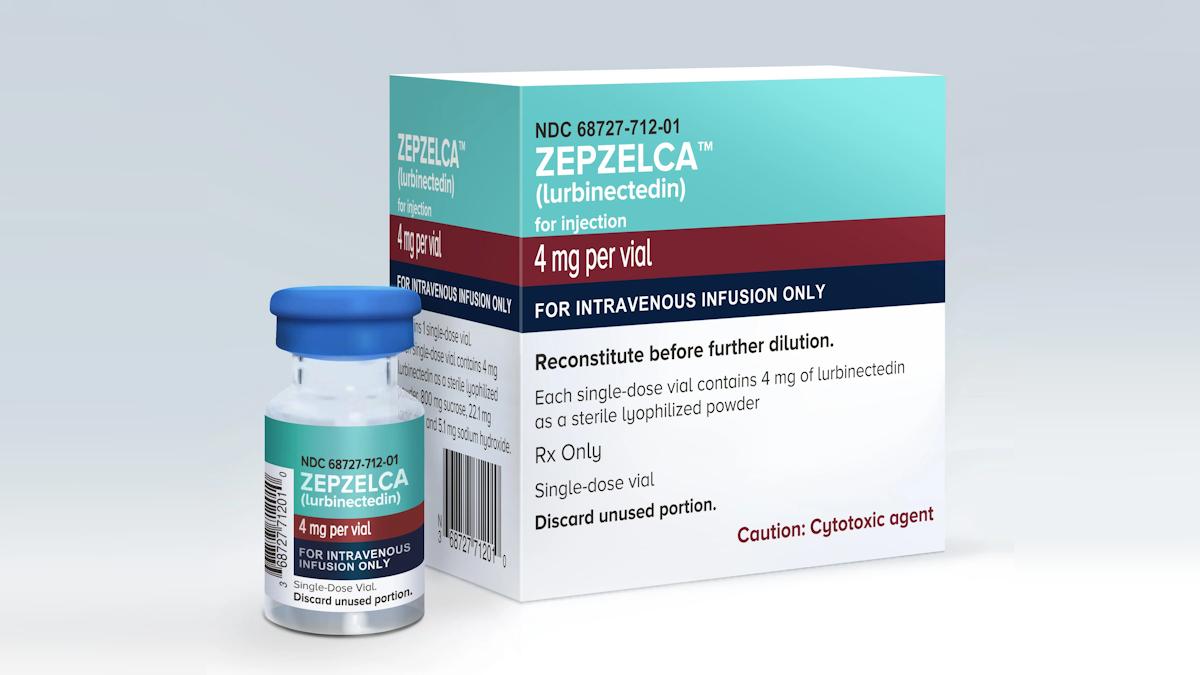Roche bags EU okay for subcutaneous Tecentriq

Roche has been given EU approval for a new formulation of its cancer immunotherapy Tecentriq that aims to make dosing easier for patients, nurses, and physicians.
The subcutaneous version of Tecentriq (atezolizumab) – which was cleared first in the UK last year – is the only drug in the PD-1/PD-L1 inhibitor class to be registered in Europe so far and offers a faster and more convenient alternative to the current intravenous infusion.
The EU approval covers all indications for the current version of Tecentriq across lung, bladder, breast, and liver cancers, according to Roche. Delivering the drug subcutaneously cuts the administration time from 30 to 60 minutes down to an average of around seven minutes.
“Giving Tecentriq subcutaneously provides more flexibility to patients, while also helping to free up resources in constrained healthcare systems,” commented Levi Garraway, Roche’s chief medical officer. The company said it is now working with national health systems across the continent to make sure patients can get access to the new version “as quickly as possible.”
In addition to offering shorter treatment time, the new drug may be administered by a healthcare professional outside of the hospital, in a community care setting or at a patient’s home, for example, depending on national regulations and health systems.
The approval is based on pivotal data from the phase 1b/3 IMscin001 study, which showed comparable levels of Tecentriq in the blood when administered subcutaneously, as well as a safety and efficacy profile that was consistent with the intravenous formulation.
The EU approval is a boost for Roche, which is experiencing a delay with the programme in the US after a change in the manufacturing of the new version meant that the FDA was unable to approve it within its standard review deadline, due in September.
Roche’s development partner for the drug, Halozyme Therapeutics, has said that new data on chemistry, manufacturing, and controls (CMC) processes for subcutaneous Tecentriq were scheduled to be filed by the end of 2023, setting up a US approval for the new version later this year.
Despite the delay, Tecentriq still looks on track to become the first drug in its class to be available in a subcutaneous formulation. MSD is in hot pursuit with a new version of its Keytruda (pembrolizumab) product, which is in late-stage development, and Bristol-Myers Squibb is running trials of Opdivo (nivolumab) in the new format as well.
Another player is Pfizer, although it is focusing its efforts on a brand new PD-1 inhibitor – sasanlimab – so will need to run pivotal trials for all the indications it is going after, starting with bladder cancer.
For all the drugs, bringing a new formulation to market may help extend their patent lives. Keytruda is first in the firing line, preparing for the onset of biosimilar competition around 2028, with Tecentriq – a much smaller product – due to lose protection in 2032.













